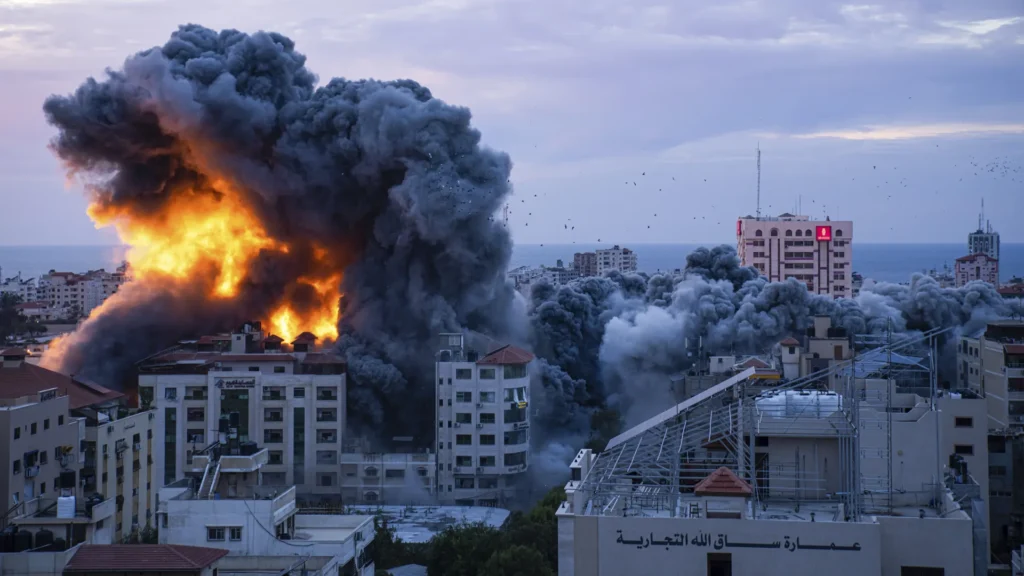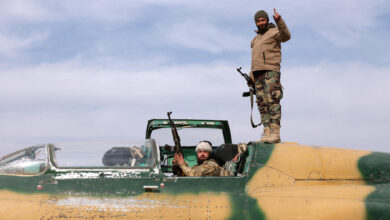A cease-fire in Gaza could prevent Iran from attacking Israel
A cease-fire in Gaza could prevent Iran from attacking Israel. The situation in Gaza remains highly volatile, with the ongoing conflict between Israel and Hamas showing no signs of abating. Recent developments in the region underscore the complex dynamics at play, with significant implications for international diplomacy and regional stability.

Iran’s role in this conflict has garnered considerable attention. The Iranian government has been vocal in its support for the Palestinian cause, and its statements have often included threats and warnings directed at Israel. Recently, Iranian Foreign Minister Hossein Amir-Abdollahian suggested that a ceasefire in Gaza could potentially deter further Israeli attacks. He expressed concern that without such a ceasefire, Israel might intensify its military operations, exacerbating the already dire humanitarian situation in Gaza.
The Iranian perspective on the Gaza conflict is influenced by several factors. Iran has long positioned itself as a supporter of the Palestinian resistance against Israeli occupation. This stance is partly driven by ideological and religious motivations, as well as geopolitical interests. Iran’s support for various Palestinian groups, including Hamas, is a cornerstone of its regional policy. The Iranian government perceives its involvement in the Palestinian issue as a means to assert its influence in the Middle East and challenge the dominance of Israel and its allies, particularly the United States.
From a diplomatic standpoint, the suggestion of a ceasefire reflects ongoing international efforts to de-escalate the conflict. Numerous entities, including the United Nations and various international mediators, have been working to broker a ceasefire agreement that would halt hostilities and pave the way for negotiations. The complexities of achieving such a ceasefire are significant, given the deep-seated animosities and the strategic interests of the involved parties.
A ceasefire in Gaza would ideally lead to a reduction in violence and a temporary
reprieve for civilians trapped in the conflict zone. However, the effectiveness of such
measures depends on the willingness of both Israeli and Palestinian leaders to adhere
to the terms of the agreement. Past ceasefires have often been fragile and short-lived, with violations on both sides leading to the resumption of hostilities.
The broader implications of a ceasefire are also significant. A halt in Israeli attacks could potentially shift the focus of the conflict to other aspects, such as political negotiations or humanitarian aid. It might also influence the regional balance of power, with countries like Iran reassessing their strategies and engagements in response to the changing dynamics.
While such a ceasefire could alleviate immediate suffering and reduce hostilities,
the long-term resolution of the conflict will require addressing underlying issues
and achieving a comprehensive peace agreement that addresses the concerns of all parties involved.




